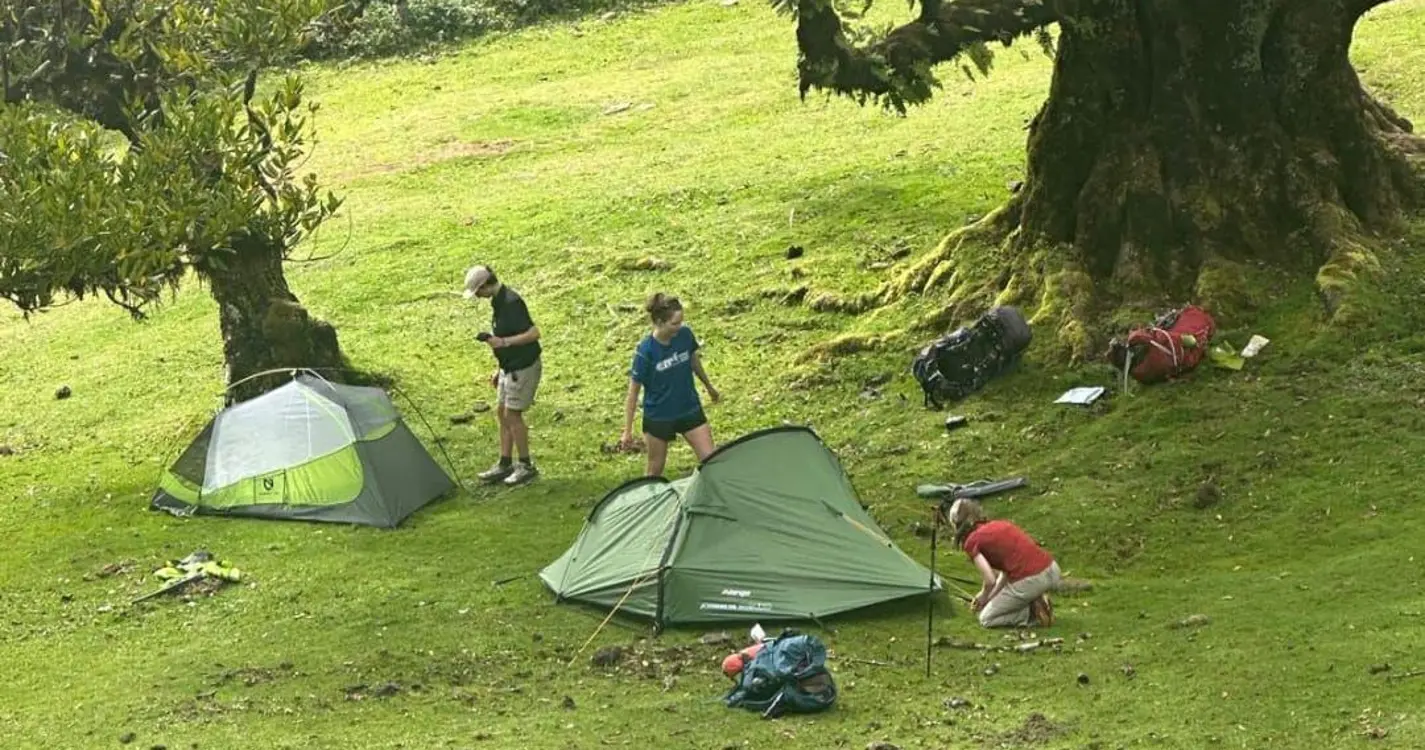Three English tourists were intercepted this Friday by the Forest Police in Fanal, for camping outside the authorized areas.
The action was coordinated by the Institute of Forests and Nature Conservation (IFCN), as part of a series of inspection operations that the IFCN has been reinforcing with the aim of ensuring compliance with environmental standards in force in the Region.
According to the IFCN, the tourists had a camping license, but were not in the designated location, which constitutes a violation of the established rules. After the approach, the campers were identified and sent to an area duly licensed for this purpose.
The Institute recalls that Fanal, located in the heart of the Laurissilva — a UNESCO World Natural Heritage Site — is one of the most sensitive and protected areas of the archipelago, which requires a high degree of vigilance and responsibility in its use.
“Camping outside authorized areas, even with a license, puts the integrity of ecosystems at risk and goes against the principles of sustainable enjoyment of nature,” stressed Manuel Filipe, president of the IFCN, reinforcing the entity’s commitment to protecting the Region’s natural heritage.
The manager also recalled that there are specific areas designated for camping, and it is essential to request and comply with the terms of the authorization issued by the IFCN. “It is by complying with the rules that we ensure the balance between access to nature and its conservation.”
The Institute took the opportunity to once again call on the population’s collaboration. “Reporting inappropriate behavior has been essential to the effectiveness of our actions. The active participation of citizens demonstrates a growing environmental awareness that we greatly value,” concluded Manuel Filipe.
With around 65% of its land territory classified as a protected area, Madeira maintains a high degree of commitment to sustainability. The IFCN reaffirms that it will continue to be vigilant and firm in its inspections, in the name of protecting biodiversity and the safety of all those who visit the archipelago’s natural spaces.

